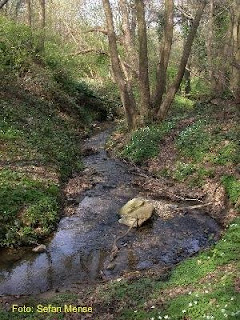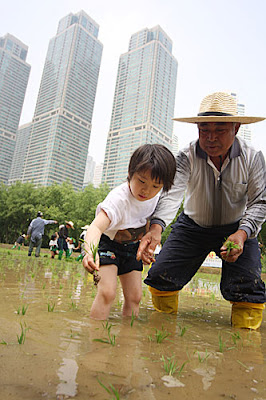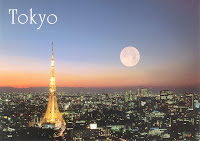Updates

Here are a couple of updates on Kurashi events over the past few days - things have been busy: Japan said Friday it will accept the draft of an international treaty banning cluster bombs, except for the latest types, and eventually abolish all of those weapons owned by the Self-Defense Forces. The decision, a turnaround from the government's traditional stance, came in response to an agreement on the draft treaty reached in Dublin on Wednesday. The treaty was negotiated by a group of countries, including Norway, supporting a ban under what is known as the Oslo Process. It was formally adopted in Dublin on Friday. Asahi: Japan OKs ban on cluster bombs Nongovernmental organizations on Friday called on the Japanese and African governments to take urgent action to mitigate the food crisis in Africa as well as secure additional resources beyond current aid commitments to deal with the impacts of volatile changes in climate. "The doubling of aid to Africa is a welcoming step in the



















